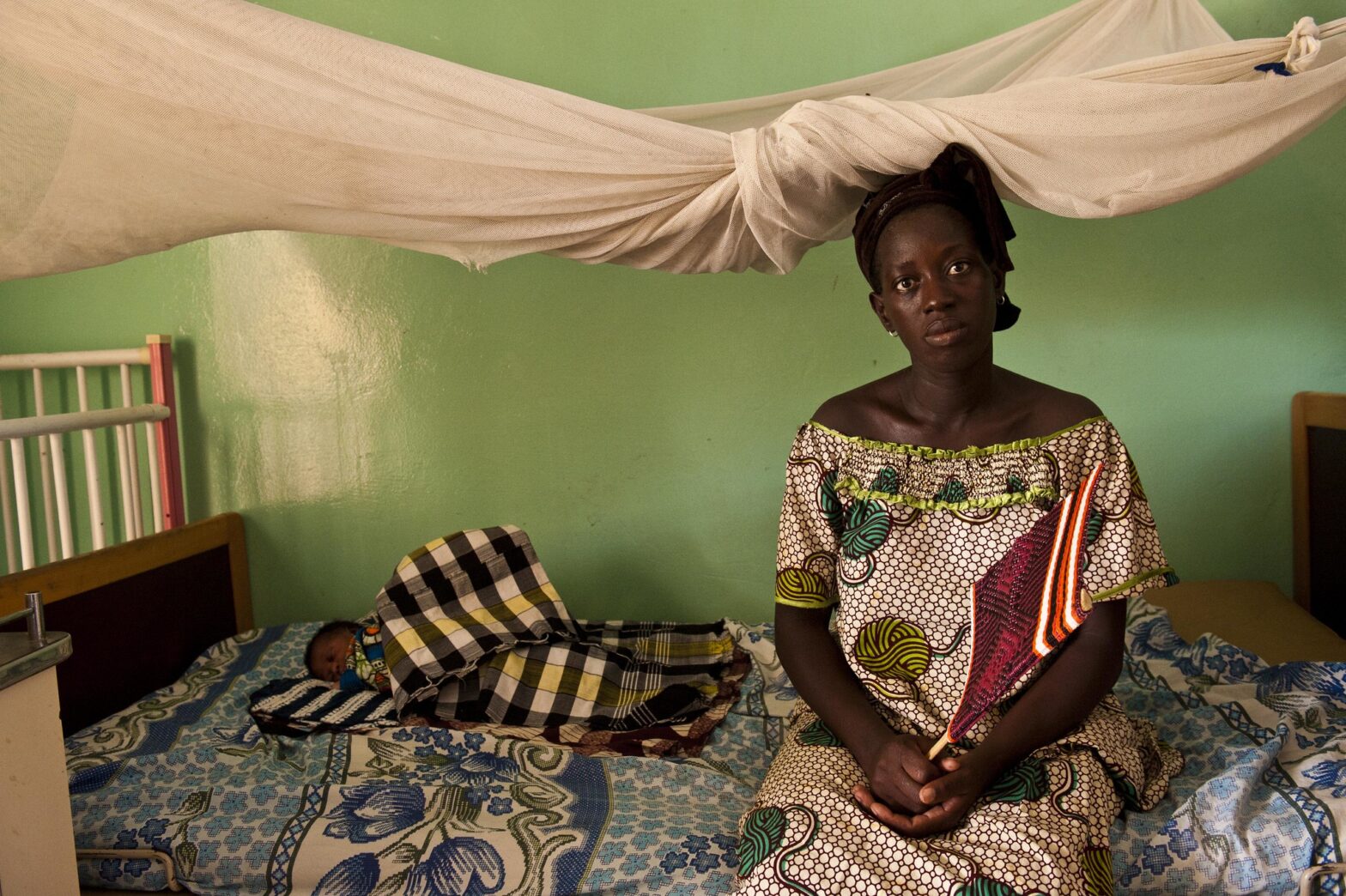COVID-19 is demonstrating the impact of epidemics on the continuity of care provision, particularly for FP/RH. This is why, in addition to the measures taken to fight COVID-19, we realized the importance of carrying out parallel actions that guarantee the availability and continuity of essential RMNCAH services.
“The virus is spreading throughout the country and no one is safe.” This common assertion is not reassuring. With a first case officially declared on March 2, 2020, Senegal now has 14,044 cases and 292 deaths as of September 8, 2020. It is one of the most affected countries in West Africa, after Nigeria (55,160), Ghana (44,869), and Côte d’Ivoire (18,701). Senegalese people are learning to live with the virus. As of this same date, the 17 countries of West Africa have a combined total of 173,147 confirmed coronavirus cases, including 147,613 people recovered and 2,712 deaths. Confronted with COVID-19, the fragility of African health systems has aroused much fear.
Senegal’s experience with epidemics, including Ebola in 2013 and 2014, helped Senegal quickly develop anticipatory, surveillance, and coordination reflexes, such as closing borders, to avoid the spread of the pandemic. This made it possible to limit the number of imported cases very early on. On March 23, the government declared a state of emergency accompanied by strong health measures. A vast community mobilization campaign was undertaken by health authorities in collaboration with local authorities, and community and traditional leaders to support community involvement.
